We’re optimistic that within five years we’ll see real-world applications’: Google thinks it’s on the cusp of delivering on its quantum computing dream – even if Jensen Huang isn't so sure
The Nvidia CEO tanked quantum stocks in January after dismissing the viability of the technology
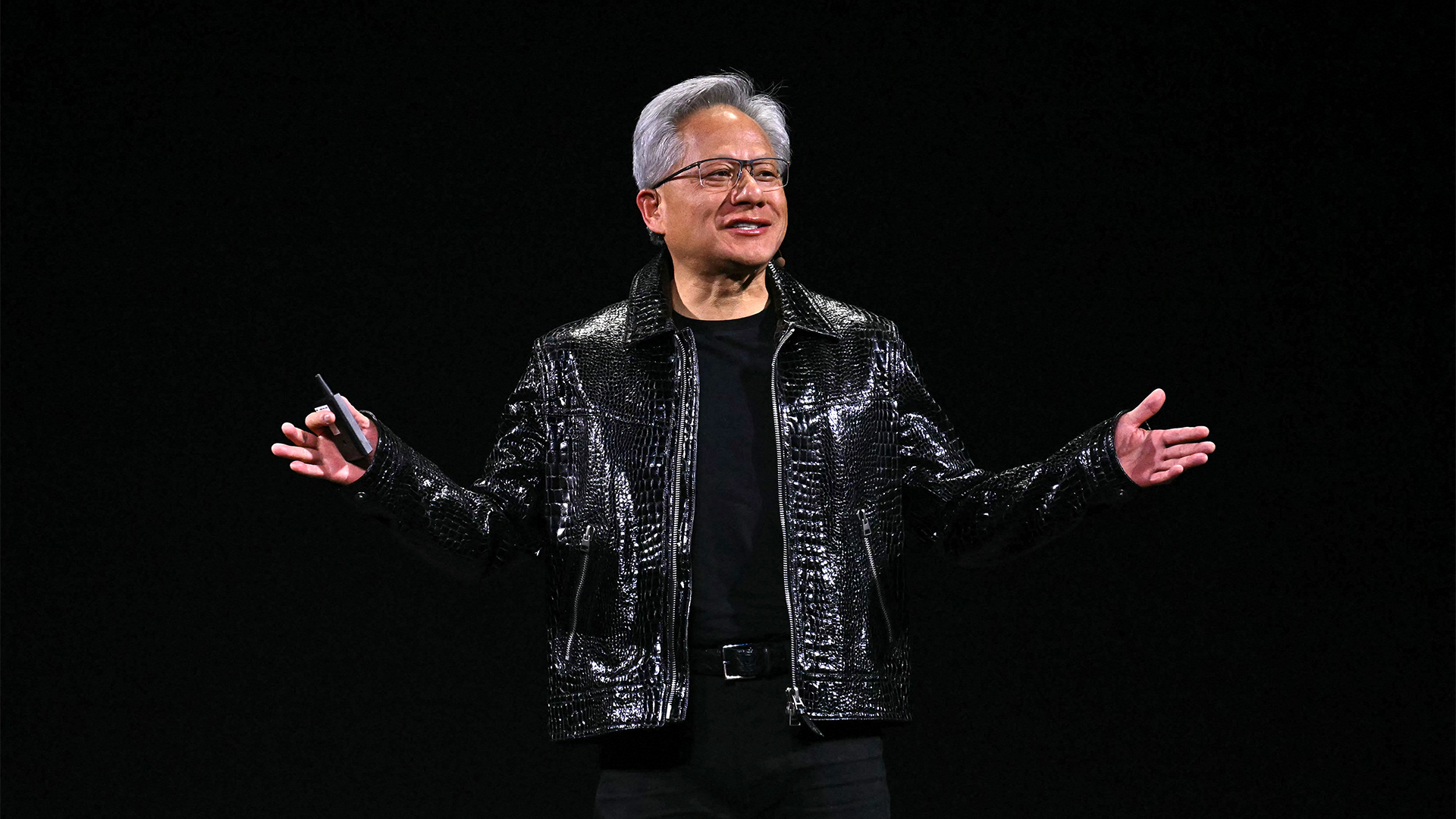

Nvidia CEO Jensen Huang might not be sold on the immediate potential of quantum computing, but industry giant Google appears to disagree.
The tech giant could be aiming to release commercial quantum computing applications within the next five years, according to reports from Reuters this week.
“We’re optimistic that within five years we’ll see real-world applications that are possible only on quantum computers,” Hartmut Neven, founder and lead of Google Quantum AI told the publication.
Neven’s optimistic outlook follows skeptical comments on the real-world applications of quantum computing by Nvidia co-founder and CEO Jensen Huang last month.
Interest in the potential of quantum technology has been building rapidly in recent years. In July 2024, analysis from Boston Consulting Group projected quantum computing will create anywhere between $450 billion and $850 billion in economic value by 2040.
But despite growing enterprise interest, the quantum computing space still remains in a nascent stage – a talking point which Huang was keen to emphasize, insisting that practical, real-world applications could still be decades away.
“So if you kind of said 15 years for very useful quantum computers, that’d probably be on the early side. If you said 30 is probably on the late side. But if you picked 20, I think a whole bunch of us would believe it,” he said, according to reporting from Axios.
Get the ITPro daily newsletter
Sign up today and you will receive a free copy of our Future Focus 2025 report - the leading guidance on AI, cybersecurity and other IT challenges as per 700+ senior executives
Huang’s critical comments prompted shares in a host of popular quantum computing companies to nosedive. Shares in Quantum Computing Inc fell by 45%, for example, while IonQ experienced a 42% dip.
Notably, shares in Reigetti Computing plummeted 46%. The firm has reported significant growth over the last year, recording an 1,800% rise in stock prices.
Total losses on the back of Huang’s comments amounted to around $4 billion in market capitalization.
Quantum computing hype is building
Huang’s comments on the lack of real-world applications for quantum computing aren’t without merit. However, despite this enterprises still appear to be bullish on the potential of the technology - and this has been reflected in venture capital funding for organizations operating in the space.
Analysis from Crunchbase in November last year showed quantum computing startups had raised $1.5 billion in VC funding up until that point, with funding pledges spanning some 50 deals.
Notably, this marked a doubling of the $785 million raised in the year prior as well as the $963 million raised in 2022, which represented an all-time high.
Direct investment in quantum by enterprises is also building, research shows. A recent study from QuEra Computing found that global budgets for quantum applications are expected to rise by 20% in 2025 alone.
“The projected growth in both confidence and investment reflects a growing recognition of quantum computing’s potential to address complex challenges and drive innovation in key sectors,” the firm said.
Google has a track record with quantum gains
Google’s positive outlook on quantum computing appears to be firmly based around recent successes with the technology. In early December, the company announced it had made a major breakthrough with its new ‘Willow’ quantum chip, for example.
RELATED WHITEPAPER

Using the chip, Google said it had successfully completed calculations that would previously have taken current-gen supercomputers 10 septillion years.
At the time, Google said the Willow success would pave the way to a “useful, large-scale quantum computer”, and CEO Sundar Pichai was highly vocal about the potential real-world applications on social media.
“We see Willow as an important step in our journey to build a useful quantum computer with practical applications in areas like drug discovery, fusion energy, battery design + more,” he said.

Ross Kelly is ITPro's News & Analysis Editor, responsible for leading the brand's news output and in-depth reporting on the latest stories from across the business technology landscape. Ross was previously a Staff Writer, during which time he developed a keen interest in cyber security, business leadership, and emerging technologies.
He graduated from Edinburgh Napier University in 2016 with a BA (Hons) in Journalism, and joined ITPro in 2022 after four years working in technology conference research.
For news pitches, you can contact Ross at ross.kelly@futurenet.com, or on Twitter and LinkedIn.
-
 ITPro NAB Best of Show 2025 Awards winners unveiled
ITPro NAB Best of Show 2025 Awards winners unveiledThe best of the best have received accolades for their innovation at this year's NAB show in Las Vegas...
By ITPro Published
-
 A new Neptune RAT variant is spreading like wildfire
A new Neptune RAT variant is spreading like wildfireNews Neptune RAT can hijack Windows PCs and steal passwords – and it's spreading fast
By Emma Woollacott Published
-
 ‘This is the first event in history where a company CEO invites all of the guests to explain why he was wrong’: Jensen Huang changes his tune on quantum computing after January stock shock
‘This is the first event in history where a company CEO invites all of the guests to explain why he was wrong’: Jensen Huang changes his tune on quantum computing after January stock shockNews Nvidia CEO Jensen Huang has stepped back from his prediction that practical quantum computing applications are decades away following comments that sent stocks spiraling in January.
By Nicole Kobie Published
-
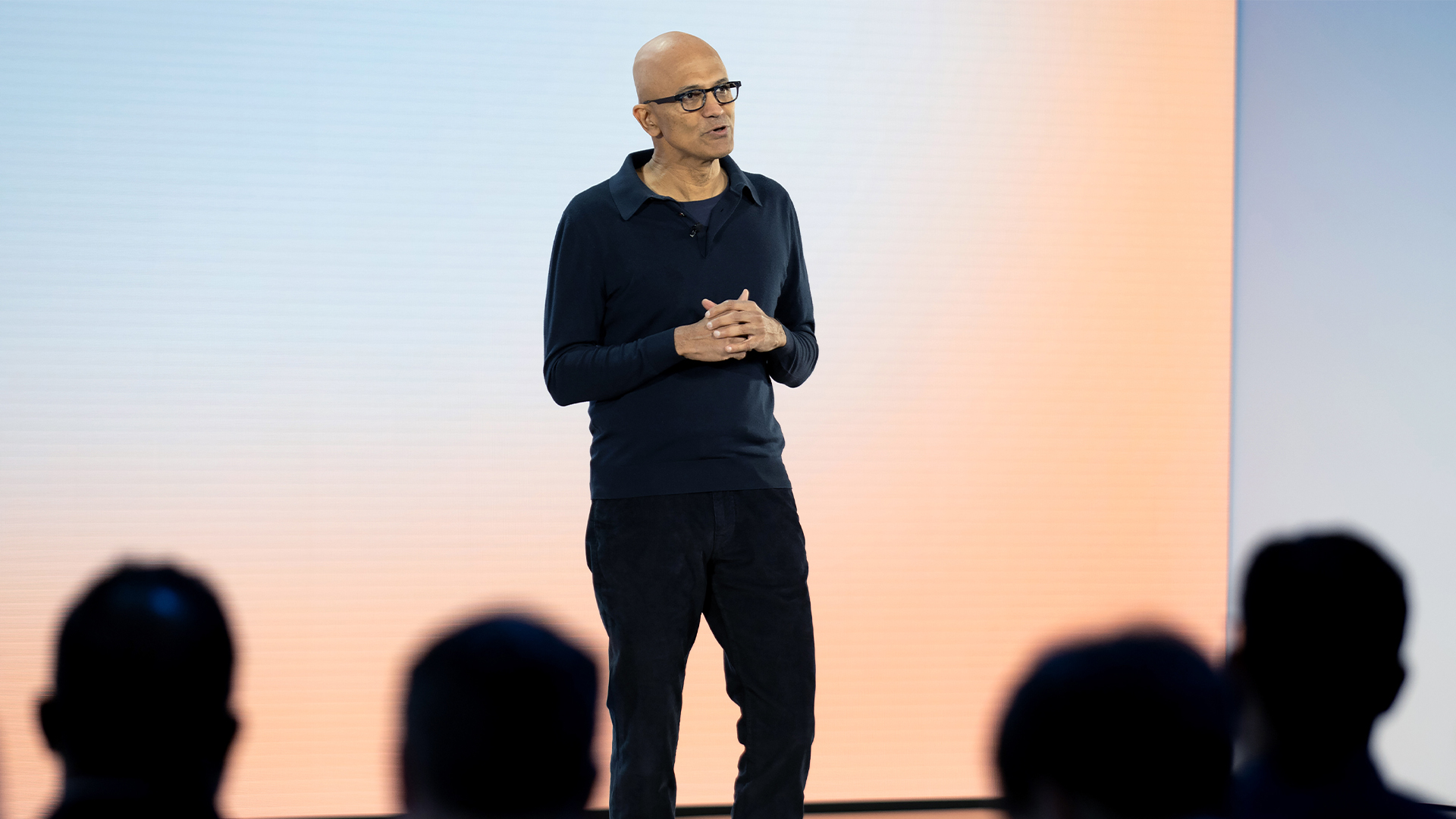 ‘We’ve created an entirely new state of matter’: Satya Nadella hails Microsoft’s 'Majorana' quantum chip breakthrough
‘We’ve created an entirely new state of matter’: Satya Nadella hails Microsoft’s 'Majorana' quantum chip breakthroughNews Microsoft has unveiled a new chip it says could deliver quantum computers with real-world applications in ‘years, not decades'.
By Emma Woollacott Published
-
 QuEra Computing just raised $230 million to pioneer “fault-tolerant” quantum computing – and it even got Google’s seal of approval
QuEra Computing just raised $230 million to pioneer “fault-tolerant” quantum computing – and it even got Google’s seal of approvalNews QuEra Computing has raised $230 million in funding to drive development of 'fault tolerant' quantum computers, receiving backing from Google and SoftBank.
By Ross Kelly Last updated
-
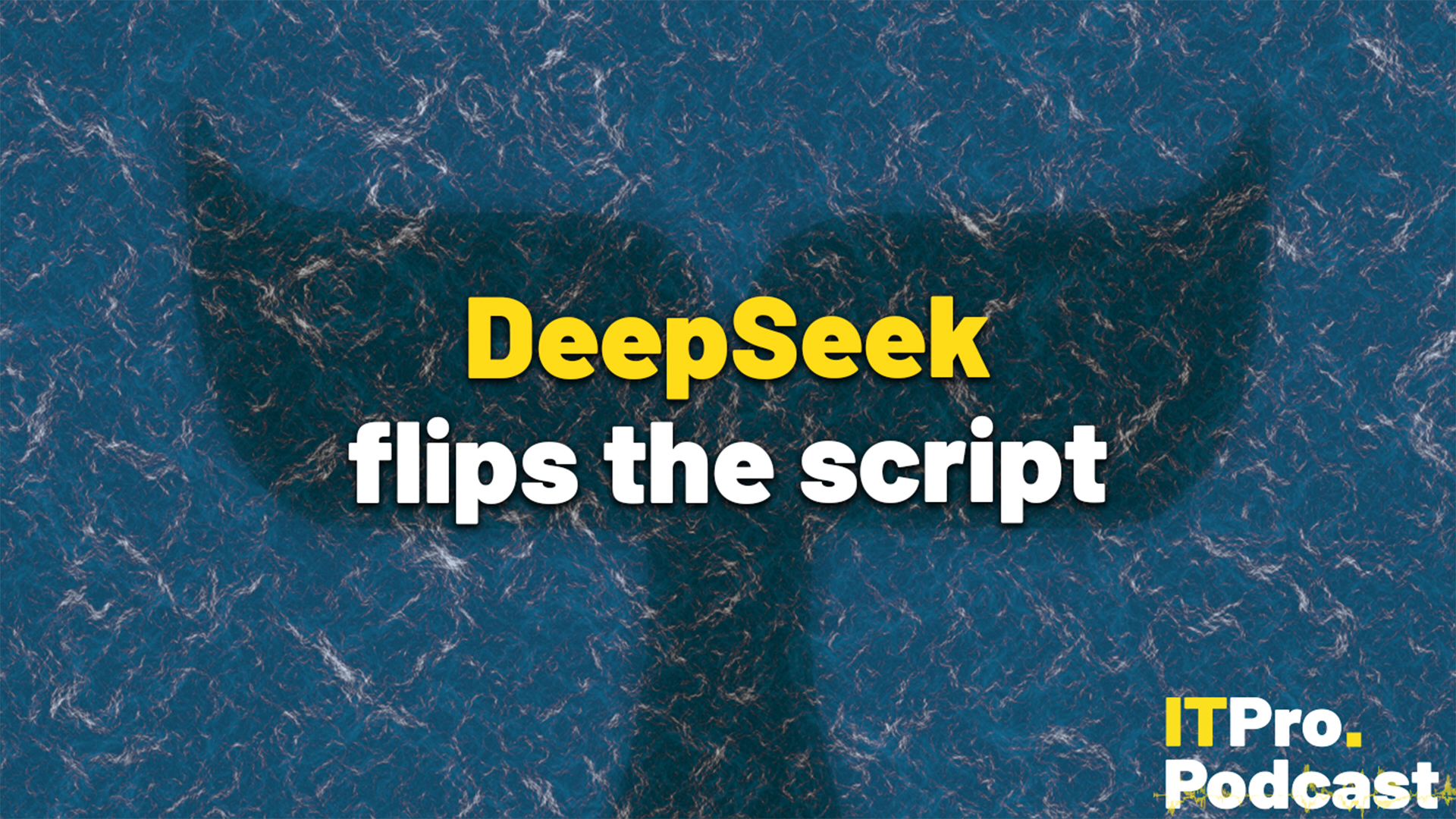 DeepSeek flips the script
DeepSeek flips the scriptITPro Podcast The Chinese startup's efficiency gains could undermine compute demands from the biggest names in tech
By Rory Bathgate Published
-
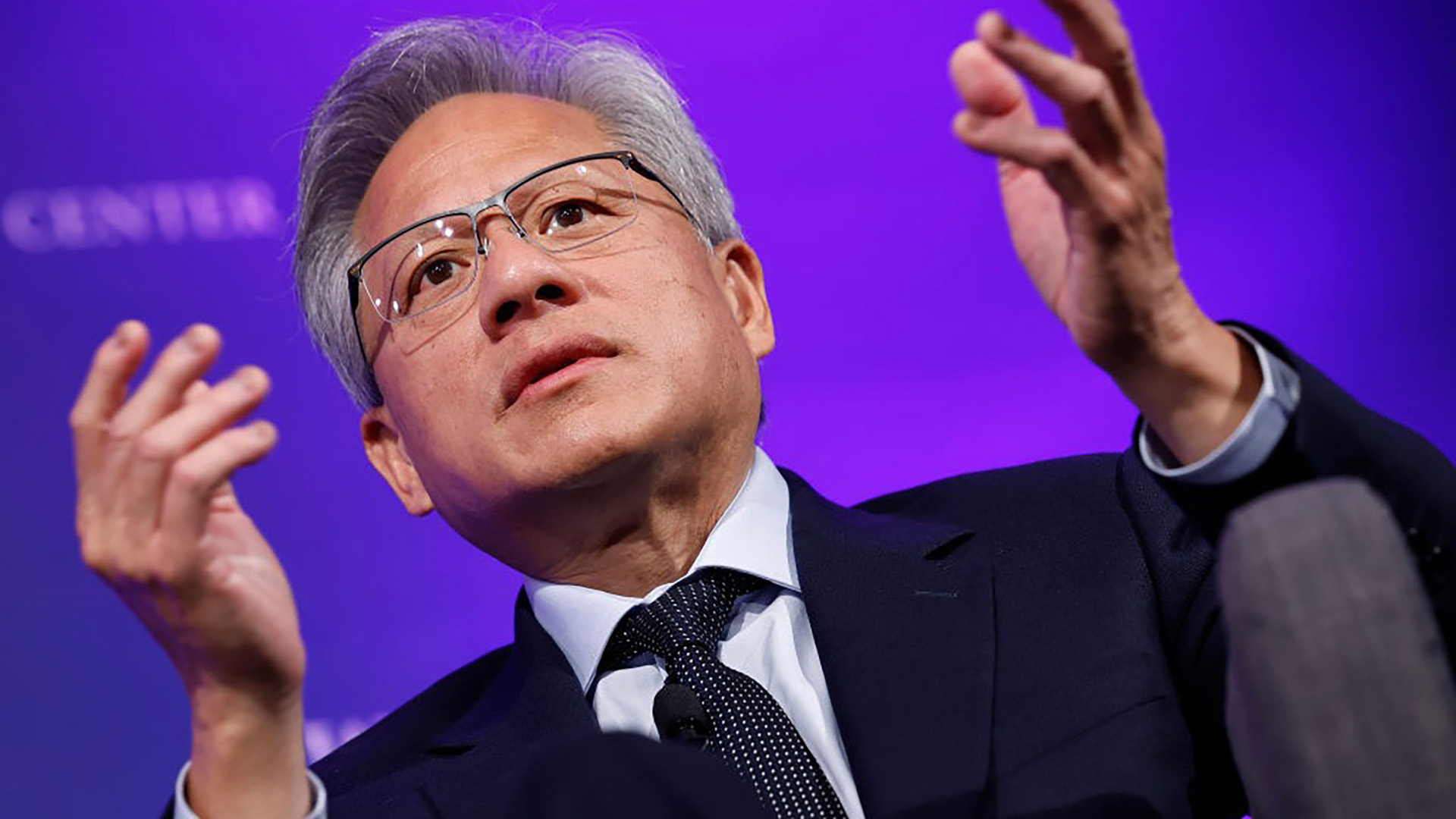 Jensen Huang doesn't think AI will come for his job — but other CEOs might disagree
Jensen Huang doesn't think AI will come for his job — but other CEOs might disagreeNews A survey last year found almost half of CEOs believe they could be replaced with AI, but Nvidia’s superstar CEO thinks otherwise
By Solomon Klappholz Published
-
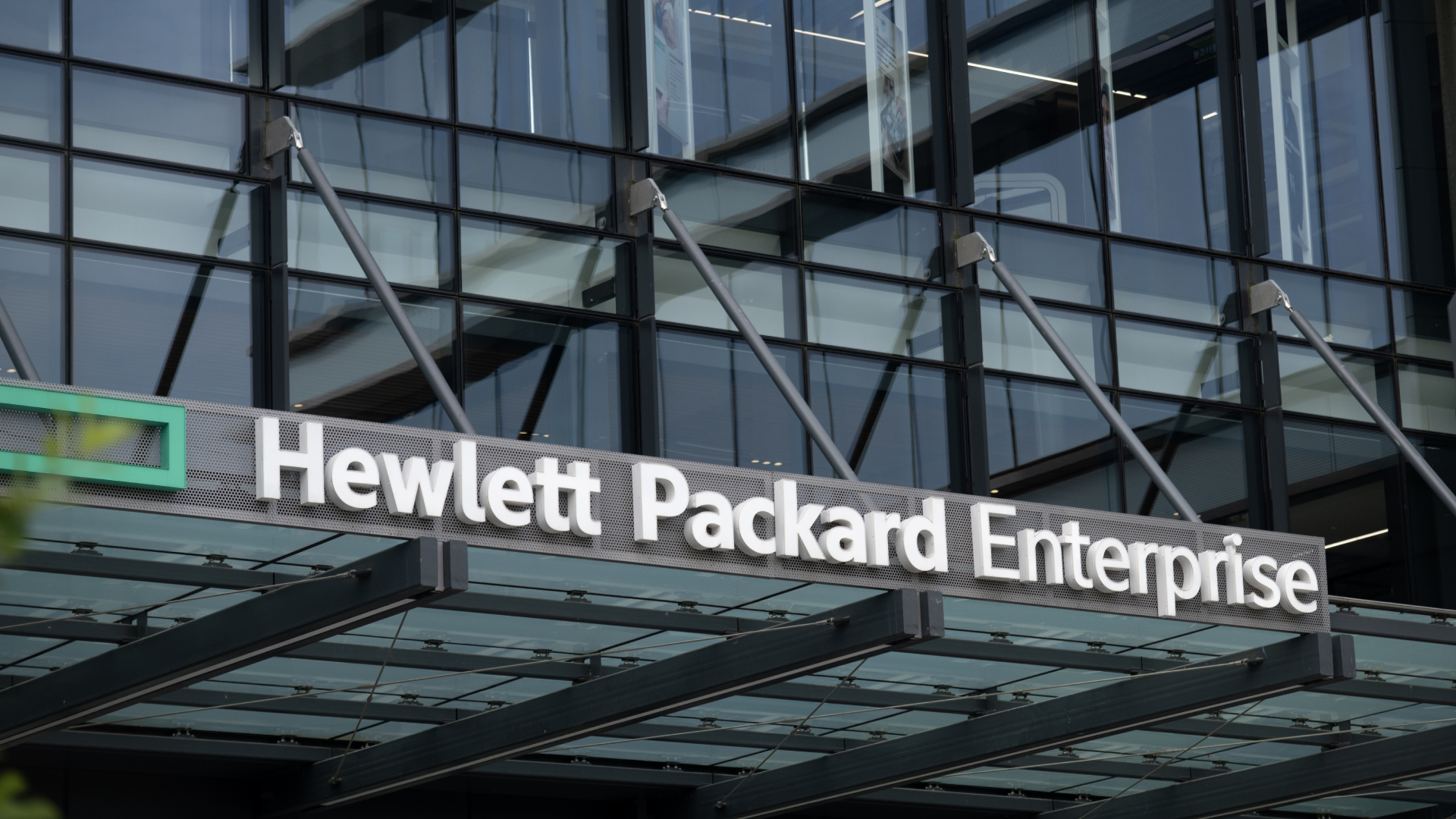 HPE’s ‘one-click AI solution’ for private cloud cuts project times from months to a ‘single moment’
HPE’s ‘one-click AI solution’ for private cloud cuts project times from months to a ‘single moment’News The new tools allow generative AI virtual assistants to be launched in seconds, using private data
By Emma Woollacott Last updated
-
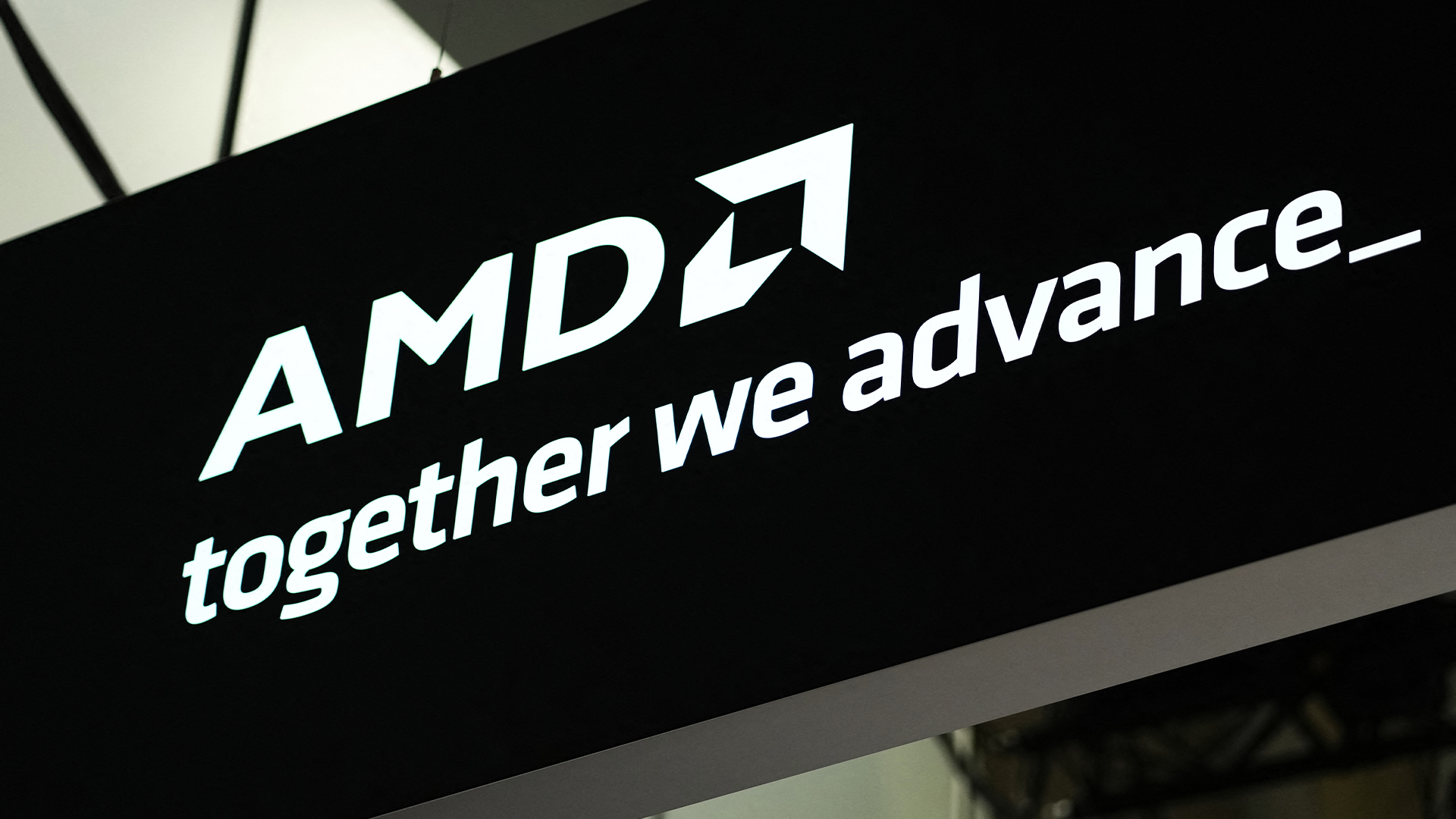 AMD’s acquisition spree continues with $665 million deal for Silo AI
AMD’s acquisition spree continues with $665 million deal for Silo AINews The deal will enable AMD to bolster its portfolio of end-to-end AI solutions and drive its ‘open standards’ approach to the technology
By Ross Kelly Published
-
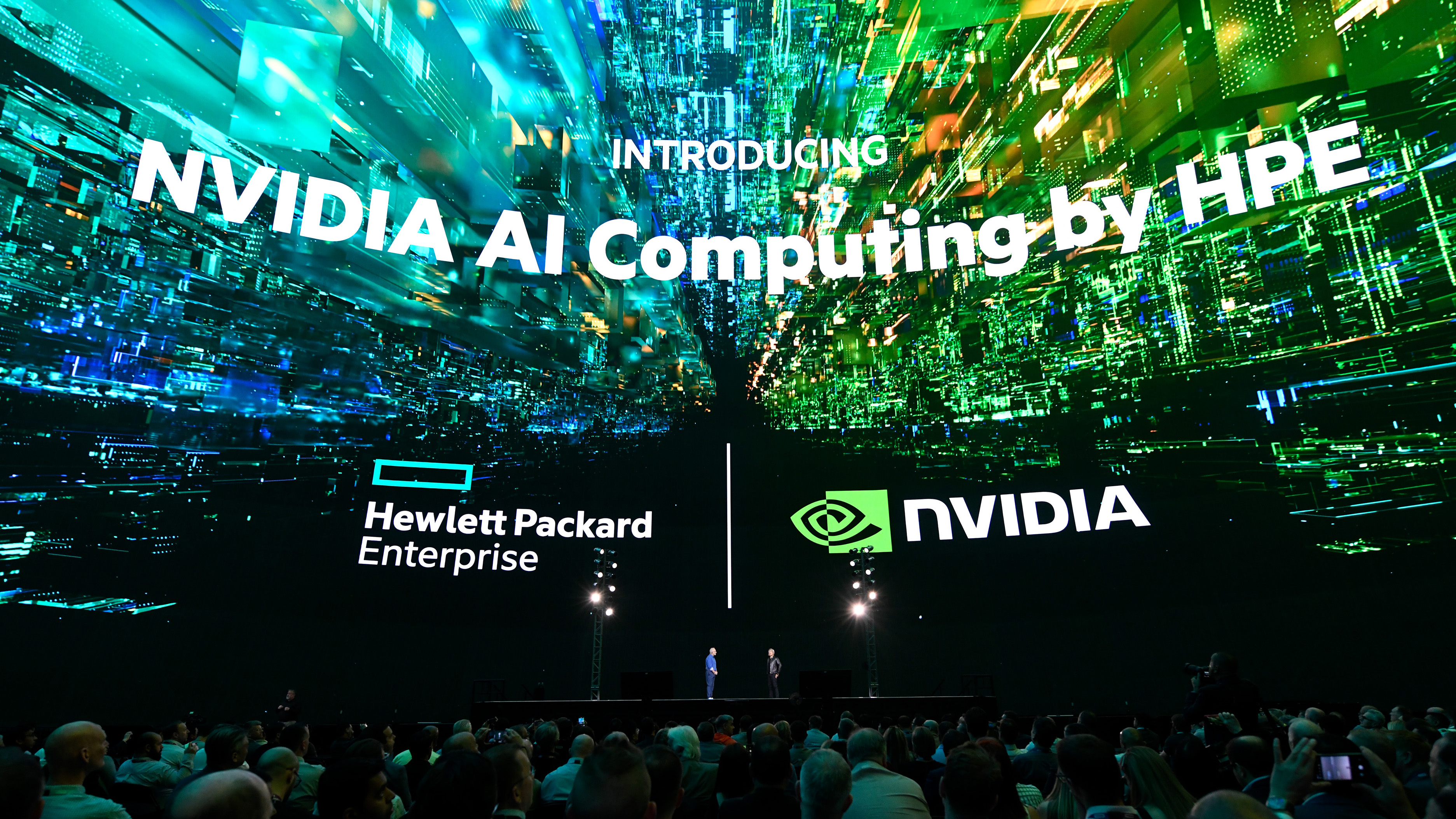 HPE’s drive for enterprise AI dominance continues with new Nvidia partnership
HPE’s drive for enterprise AI dominance continues with new Nvidia partnershipNews Nvidia AI computing by HPE brings a slew of new AI products to market
By Jane McCallion Published